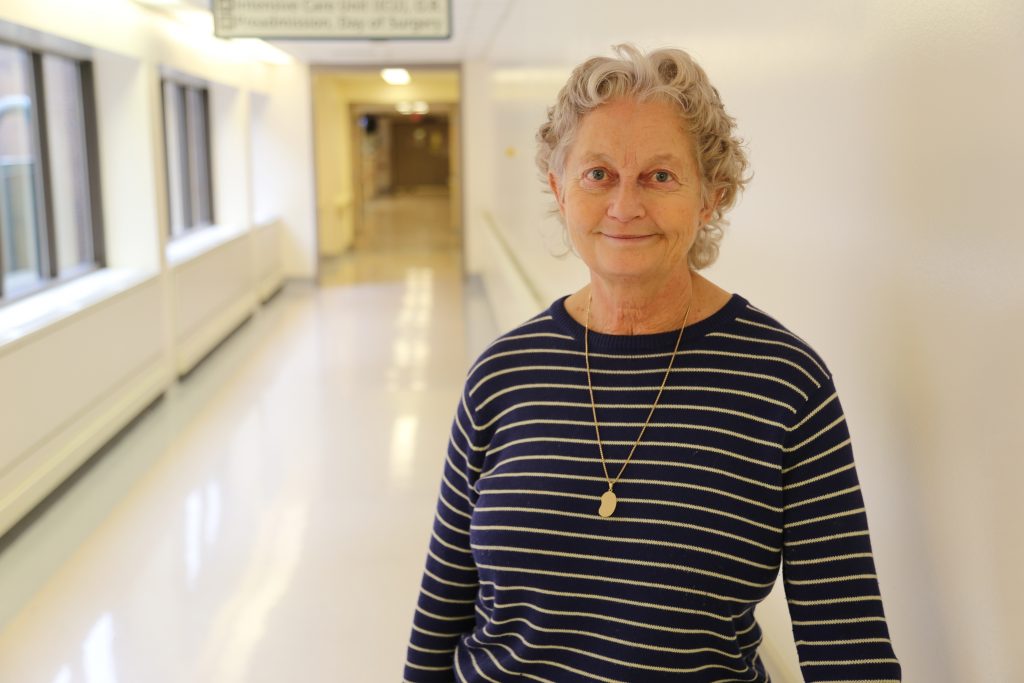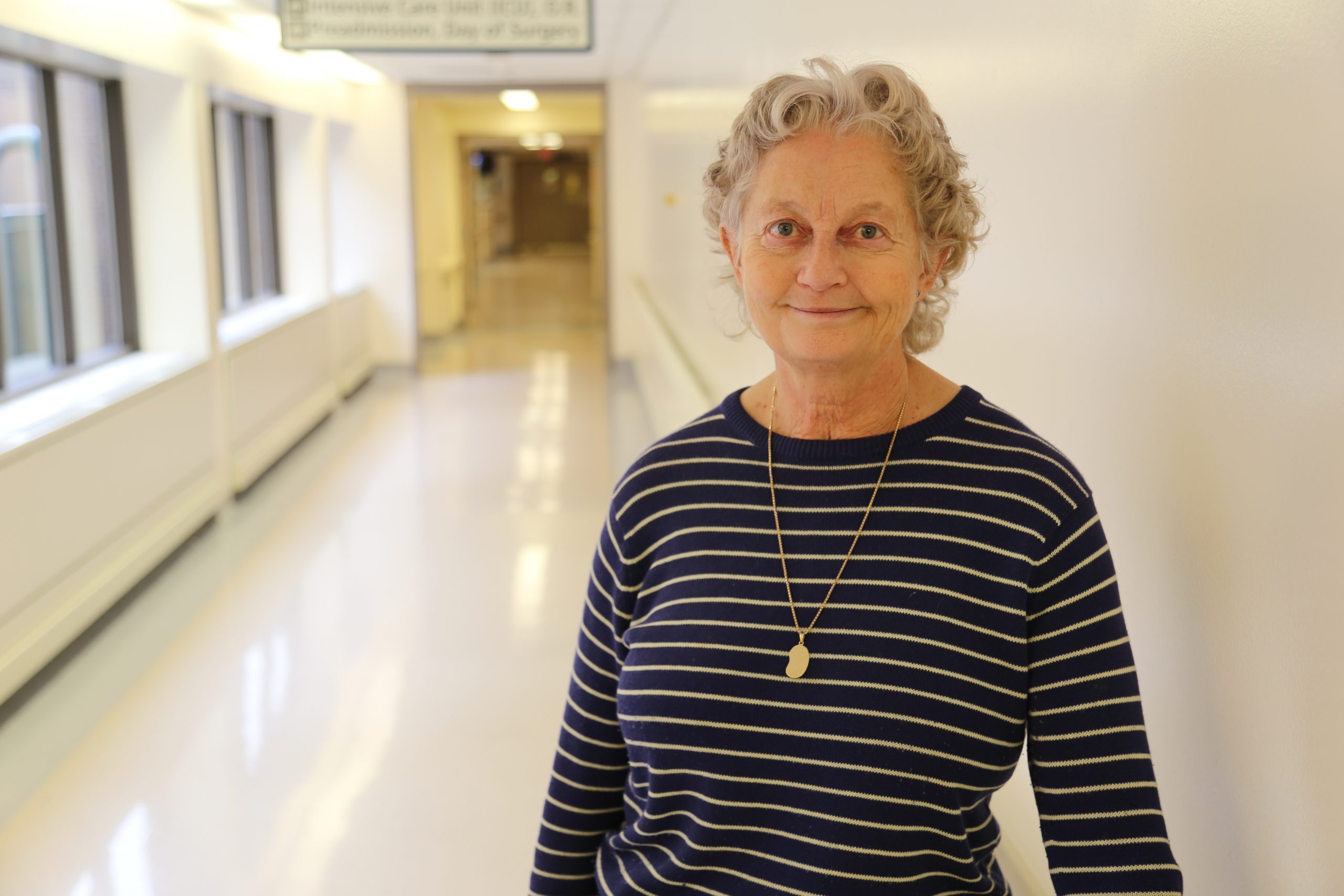What it’s like to receive an organ donation?

 Donna was just nine years old when she found out she only had one kidney. Seven years later, that kidney was failing and Donna was put on dialysis – a process that involves using a machine to clean toxins and excess fluid from the bloodstream. Shortly after, Donna underwent a surgery that would change her life – she received an organ donation.
Donna was just nine years old when she found out she only had one kidney. Seven years later, that kidney was failing and Donna was put on dialysis – a process that involves using a machine to clean toxins and excess fluid from the bloodstream. Shortly after, Donna underwent a surgery that would change her life – she received an organ donation.
In Ontario more than 1,500 people are waiting for an organ transplant, and are put on special precautions while they wait. People like Donna who have failing kidneys have to undergo dialysis to keep their bodies strong, which can involve trips to the hospital three or four times a week for hours at a time. Luckily for Donna, a donor became available and she was able to have someone else’s kidney placed inside of her. 44 years later, it’s still there. We asked Donna about her experience with being an organ recipient and the power of organ donation.
At just 16 years old, you were told your kidney was failing and you needed a new one – what was that like?
It’s pretty mindboggling to hear you have to go on a machine to stay alive and eventually get a kidney transplant, so it is very overwhelming. Because of the dialysis, I had to take grade 13 in two years so it was hard, not graduating with my peers and I was very active in sports so that kind of knocked me out. I was in the hospital for two months after the transplant – it took a while for it to behave and get over the shock. I ran into a few complications because post-transplant we’re sitting ducks for everything, from a cold to cancer – at one point I had to go into isolation.
What do you know about your donor?
All I know is the kidney was from a four-year-old and that little kidney ended up in my body and the rest is history. I think about the family a lot and certainly the donor – I’ve pursued trying to find the donor family over the years but it’s very hard because all this time has passed. That’s the other side of the coin as far as transplantation goes – you have the happy side where someone received a kidney and doesn’t have to do any more dialysis, and then you have the other side where, if the organ is coming from a deceased donor, someone has to die in order for transplantation to work.
Now, 44 years later, that kidney is failing. How do you feel about it?
I always say we (organ recipients) are people who know what it’s like to be sick and when you get your health back and wellbeing, it’s like a little miracle but transplants don’t last forever. I was fortunate to have this kidney for 44 years and it’s like losing my best friend – I have a name for this little kidney (KB, short for Kidney Bean), it’s been a part of me for all these years and I’ve just done so well with it and it just grew inside of me – it wasn’t so happy at the beginning but once it clicked, it clicked. To have it for 44 years is unheard of – usually they say kidney transplants last for 10-15 years. I’m very grateful for that.
How do you feel knowing that you will have to go back on dialysis?
That’s tough. I guess that’s something that’s always on the back of transplant recipients’ minds – you do forget about it sometimes, you just go on with your life which is wonderful and what we should do but as I said these things don’t last forever.
How has organ donation impacted your life?
We (organ recipients) are a very close group – there’s a bond between people who are transplant-related whether it’s a donor, recipient, someone waiting for a transplant or on dialysis. There a lot of groups out there that are transplant-affiliated – I’m on a team transplant dragon boat team, and there’s the Canadian Transplant Association who holds transplant national and international games that brings everyone together to celebrate life and show the public that transplantation does work.
What do you want people to know about organ donation?
I think people shouldn’t assume they can’t be a tissue or organ donor – they should let the professionals decide if they would make a good donor or not. I would also encourage them to register to be a donor because nobody knows what’s going to happen, and to talk to their family about what they want. When it hits close to home you realize the impact this has on a family when somebody is waiting for an organ and they might die because it doesn’t come in – it’s an enormous impact on families and individuals.
Register to be a donor today at www.beadonor.ca/stjoestoronto.
